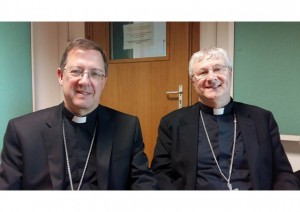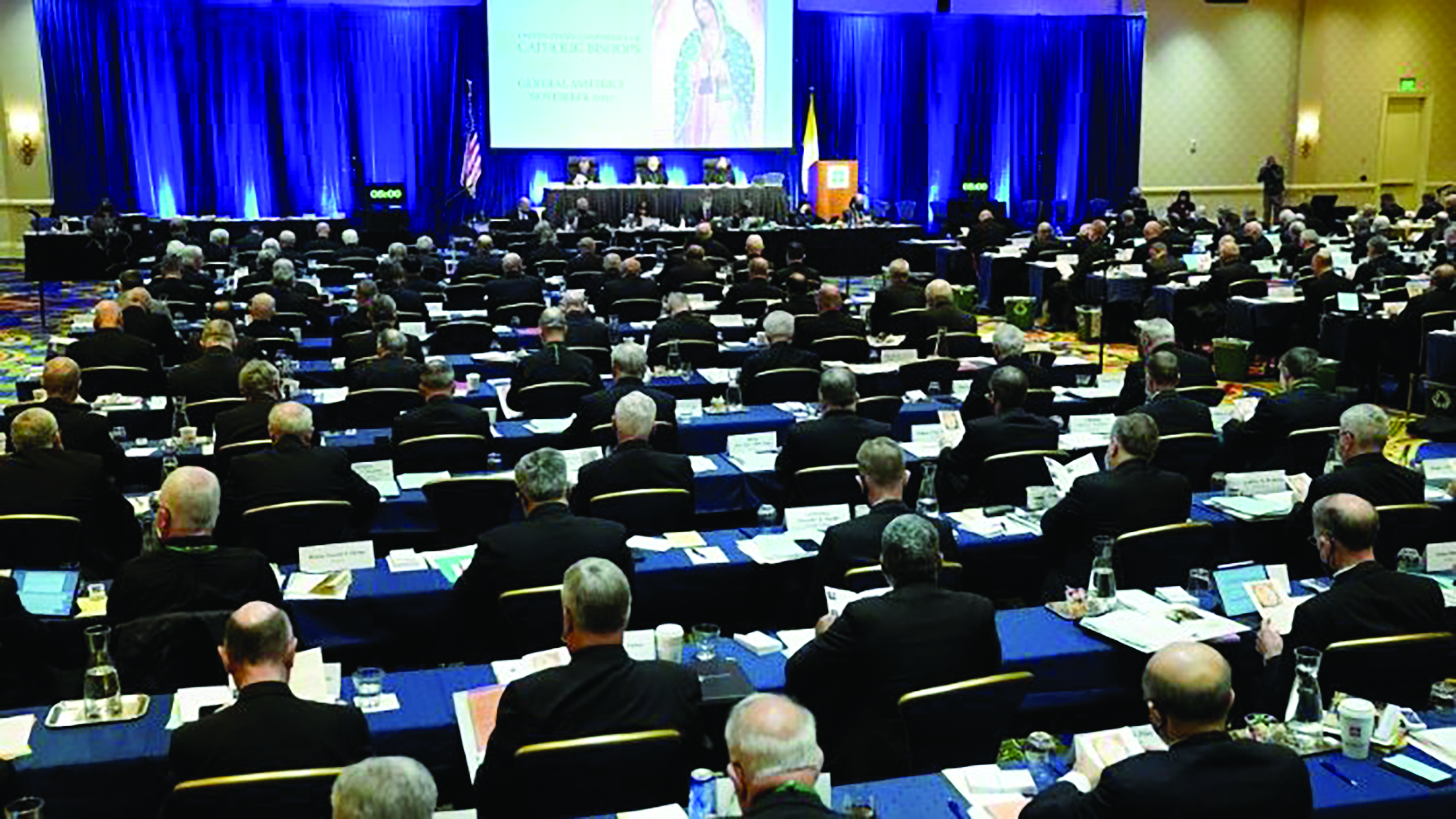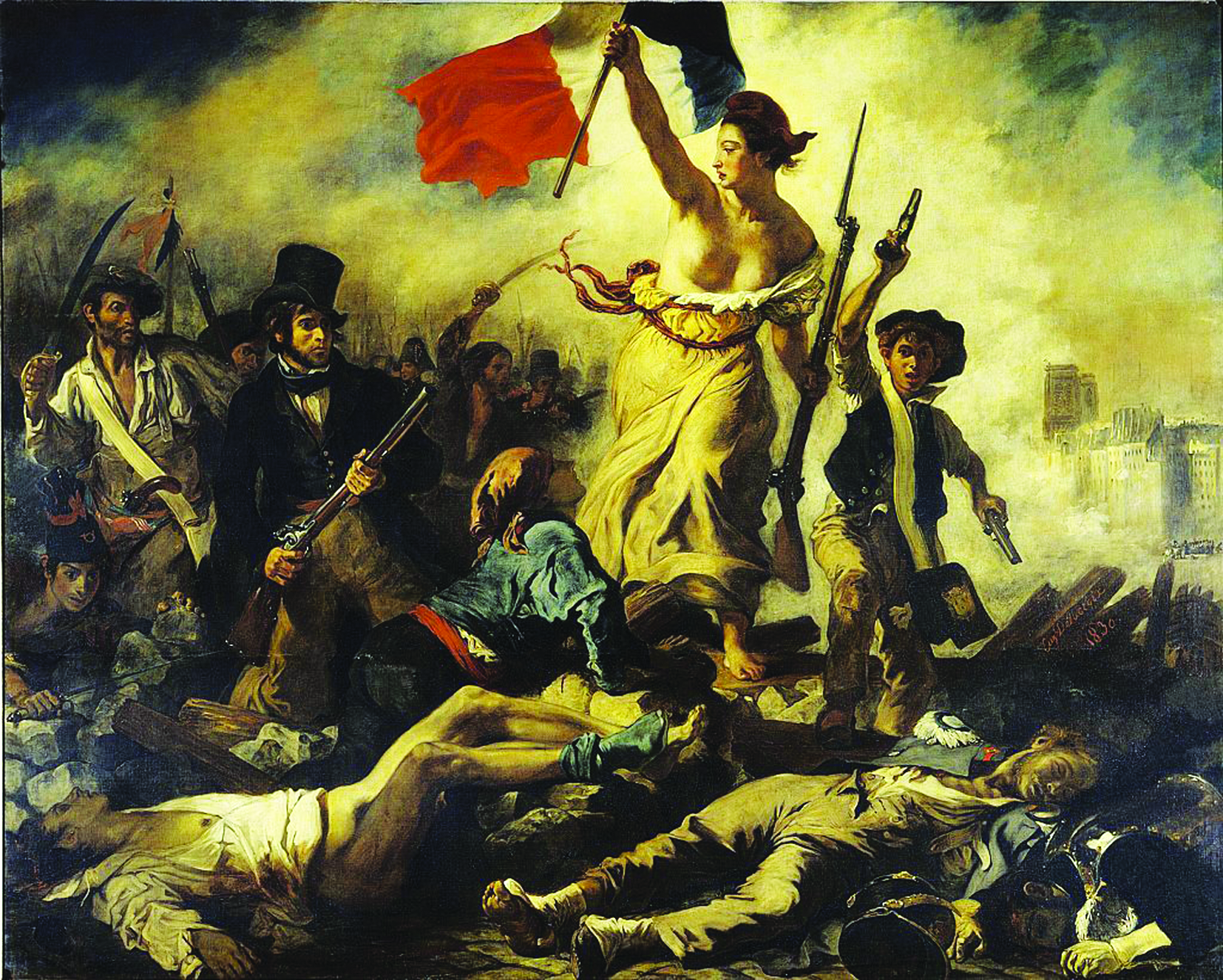Catholic and Methodist theologians wind up a meeting at the weekend that has been marking the 50th anniversary of their first ecumenical dialogue group, established in the wake of the Second Vatican Council. The first session of the Methodist-Roman Catholic International Commission was held in the hill town of Ariccia in October 1967.
Pope Francis met with members of the current Commission on Thursday, saying that half a century of dialogue has freed us “from estrangement and mutual suspicion”, helping us to recognize each other “as brothers and sisters in Christ”.

Dr. Chapman says that among the key achievements are a convergence in understanding of the faith of the apostles, the sacraments, and “the way in which the Spirit has guided the Church authoritatively throughout the centuries”. While there are outstanding differences, he says, our understanding “of teaching authority, the nature of revelation and faith are all solid achievements”.
Bishop Sherrington says a major cause for celebration is the “way in which we’re no longer strangers, but pilgrims travelling together, members of God’s household”, learning to overcome differences and sharing great unity in much of our mission as followers of Christ.
Gifts of Methodism to wider Church
Rev Chapman says a major achievement of the Methodism movement in 18th century was “to encourage a serious attention to the claims of Christian discipleship in holy living” building on the support of small groups. This has been one of the gifts of Methodism to the wider church, he says and the teachings of the Second Vatican Council showed “a great convergence in Christian life as understood as growth in grace and holiness”.
Scripture, fellowship, social justice
Bishop Sherrington notes the renewal in the Catholic Church’s on the role of scripture echoes John Wesley’s focus, learning to explore and study in small groups. Also, he says, the way some new movements live their fellowship is an insight from John and Charles Wesley. And most importantly, he adds, the focus on social holiness, working for justice with the poor and marginalized has helped revitalize the Catholic Church’s social teaching.
While both men point to the challenges of order and ministry, including the ordination of women, they believe there is “a lot we can do together” in mission and daily living.
Vatican Radio






Facebook Comments